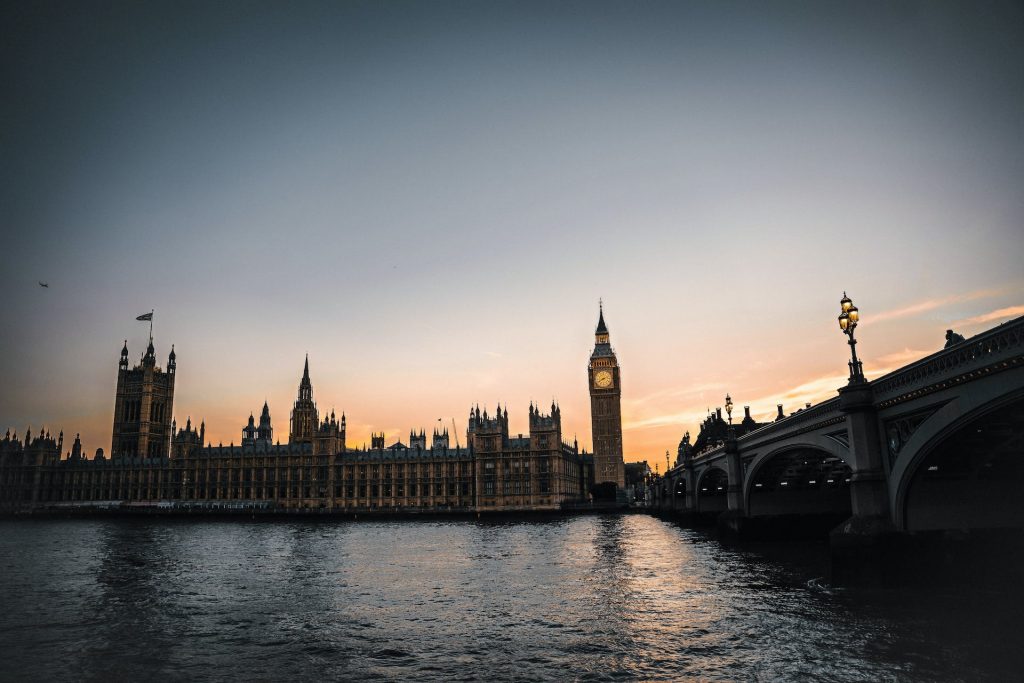The end of the year is often a time of reflection, of celebration and of preparation for a new year ahead. However, for many companies in England’s water sector, 2024 has been a year to forget.
Much of the events of the annus horribilis that was 2024 for the water sector have been well-documented, from some of the largest fines ever given to the water industry since privatisation, to the biggest criminal investigation in the industry’s history into illegal discharge of raw sewage.
Several companies have received penalties but at the same time are expected to significantly increase water bills for both business and residential customers alike.
The new year, therefore, is not just a chance to escape what has not been the best year for the water sector but could see some significant changes to how water companies are managed, operated and regulated going forward.
Here are some of the biggest changes to watch out for.
The End Of Ofwat?
In October 2024, a “root and branch” review of the water sector was announced as part of a sweeping set of changes to the law in order to restore confidence in the sector, improve regulation and drive significant improvements during a period of controversy.
The independent commission running the review, led by John Cunliffe, is the biggest sector review since the privatisation of the water industry in England and Wales as spearheaded by then Prime Minister Margeret Thatcher and could have far-reaching ramifications.
After the General Election in July 2024, the water sector was a huge discussion point given the deep dissatisfaction found at all levels regarding the conduct of several major companies, most notably Thames Water and United Utilities.
The report is expected to be released at some point in early 2025 and is unlikely to make for particularly pleasant reading, but at the same time should comprehensively signpost what needs to be done in order to protect waterways, improve water quality, strengthen infrastructure and keep water prices from going out of control.
Whilst there is one option outside of the scope of the review, nothing else is off the table, which could potentially mean the reform or outright abolishment of Ofwat, the water industry regulator.
Despite fining water companies hundreds of millions of pounds and initially rejecting extremely steep bill increases, Ofwat has been accused of being a soft-touch regulator, the extent of which could be laid bare in the Cunliffe report.
How High Will Prices Go?
On the subject of Ofwat, major questions have been asked about how high prices will increase over the next five years, with the regulator in conflict with water companies following its draft guidance on the subject.
Water companies were reportedly furious that their requests to increase water bills were reduced to an average increase of 21 per cent, which they claimed would not be enough to manage and improve water infrastructure.
The problem with the argument used by the water companies is that so much money has been paid out as dividends to shareholders or in executive bonuses, the latter of which has been a point of contention as recently as late November 2024.
Ofwat are looking for a way to balance necessarily increases as a result of inflation and increases that have emerged as the result of increased responsibilities and upgrade requirements with the potential perception that the bill increases are rewarding failure or passing the record fines onto the customer, in a case of robbing Peter to pay Paul.
December is the deadline for Ofwat to make a final decision on how much the water companies can increase bills by over the next five years, and whether they will allow for more of a compromise than they did in July.
The Nuclear Option Or The Only Option?
The year 2025 will be one of the most critical years in the water sector not just because of price raises or the Cunliffe Commission, but because the fate of the biggest water company in England could cause an option deemed utterly unthinkable to become the only choice.
Thames Water has been granted a stay of execution whilst it finalises terms on an unprecedented £3bn emergency loan but still owes £19bn according to an article by the Financial Times, a figure that is only increasing.
Nationalisation has been framed as the worst-case scenario and a nuclear option that is almost unfathomable, despite its popularity and previous analysis which suggests that it could have saved taxpayers and customers billions had privatisation not happened.
However, the high-interest loan keeps Thames Water operating until 2025, but ultimately only grants a reprieve of a few months to the stricken company, with Ofwat reporting that ten of the 16 water companies in England and Wales have concerns regarding their financial health.
If Thames Water does not find stable financial footing and ends up in a Special Administration Regime (framed as a form of nationalisation although more in letter than spirit), this could have a domino effect on the entire industry, making the unthinkable option the only one left.



